Hey there! Maintaining a clean and sanitary living environment is essential for everyone's well-being, especially in shared spaces like apartments. It not only keeps pests at bay but also enhances our overall quality of life. In this article, we'll outline the essential sanitation guidelines every tenant should follow to promote a healthier community. So, let's dive in and explore these helpful tips together!
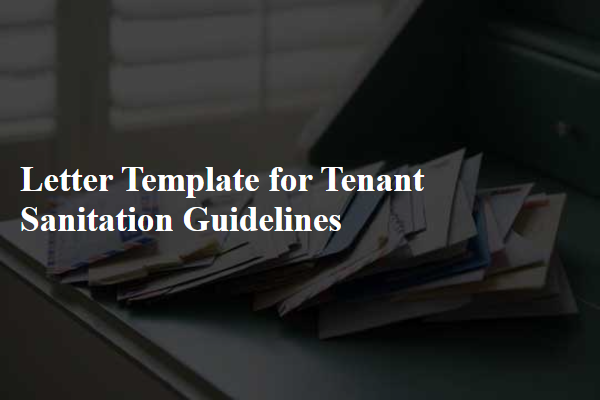
Purpose and Importance of Sanitation
Maintaining proper sanitation practices in residential properties is essential for ensuring public health and fostering a safe living environment. Effective sanitation helps prevent the spread of diseases by minimizing contaminants such as bacteria and viruses typically found in communal areas. Regular waste management, including the proper disposal of trash and recycling, contributes to a cleaner living space, enhancing the overall aesthetic appeal of the property. Facilities like kitchens and bathrooms must adhere to strict hygiene standards to avoid mold growth and pest infestations, which can result from unclean conditions. Furthermore, following sanitation guidelines establishes a sense of community responsibility among tenants, promoting cooperation and respect within the living environment, ultimately leading to improved quality of life for all residents involved.
Tenant Responsibilities and Expectations
Ensuring a clean and sanitary living environment is essential for tenant health and well-being, particularly in residential properties like apartments or rental homes. Each tenant is responsible for maintaining cleanliness within their living space, including regular waste disposal and cleaning of surfaces to prevent infestations from pests such as rodents or insects. Common areas, like hallways and laundry rooms, require shared responsibility among tenants to uphold sanitary conditions. Adhering to proper recycling practices, as mandated by local regulations, is crucial for promoting environmental sustainability. Additionally, tenants must report any maintenance issues, such as plumbing leaks or mold growth, promptly to the property management to address health risks before they escalate. Regular inspections, quarterly in many properties, will ensure compliance with sanitation guidelines and tenants can engage positively by attending any scheduled community meetings focused on maintaining property-wide hygiene standards.
Waste Disposal and Recycling Procedures
Waste disposal and recycling procedures play a crucial role in maintaining a sanitary living environment in residential complexes, such as apartment buildings or townhouse communities. Proper waste disposal involves segregating organic waste, recyclable materials, and non-recyclable items, ensuring that each type is placed in designated bins located in common areas. Composting organic waste can significantly reduce landfill contributions, while recycling programs for paper, plastics (such as PET and HDPE), metals, and glass encourage sustainability. Regular waste collection schedules, typically twice a week, help prevent overflow and odors. Educational signage near disposal points increases awareness and compliance among tenants, fostering a cleaner and healthier community atmosphere. Adhering to these guidelines not only promotes individual responsibility but also contributes to broader environmental efforts.
Cleaning Schedule and Common Areas
Regular cleaning schedules are essential for maintaining sanitation in shared living areas such as apartment complexes or housing cooperatives. Each tenant is responsible for their individual unit's cleanliness, including areas like kitchens and bathrooms, but it is equally crucial to keep common spaces such as hallways, laundry rooms, and outdoor patios tidy. Designated cleaning days, typically once a week, ensure that all tenants can contribute to maintaining these shared spaces. For example, on Saturdays, all tenants can be assigned specific tasks such as sweeping, mopping, and disinfecting surfaces. Additionally, it is important to establish guidelines for trash disposal, recycling separation, and the proper storage of personal belongings in common areas to prevent clutter. Clear communication and shared responsibility foster a healthier living environment, benefiting all residents and promoting community spirit in places like Riverside Apartments or Maplewood Housing.
Contact Information for Maintenance and Emergencies
In multi-unit residential buildings, maintaining cleanliness and hygiene is vital for tenant well-being and comfort. The sanitation guidelines for tenants emphasize clear communication regarding maintenance and emergencies, crucial for effective response. Tenants should have access to contact information for property management, including the manager's office phone number (typically available during business hours) and emergency maintenance contacts (often a 24/7 hotline). Reporting issues such as plumbing leaks, pest infestations, or broken fixtures is essential for prompt resolution. Keeping contact information readily accessible encourages tenants to engage actively in maintaining a hygienic living environment. Regular reminders about these protocols can enhance community awareness and promote overall health standards within the building.

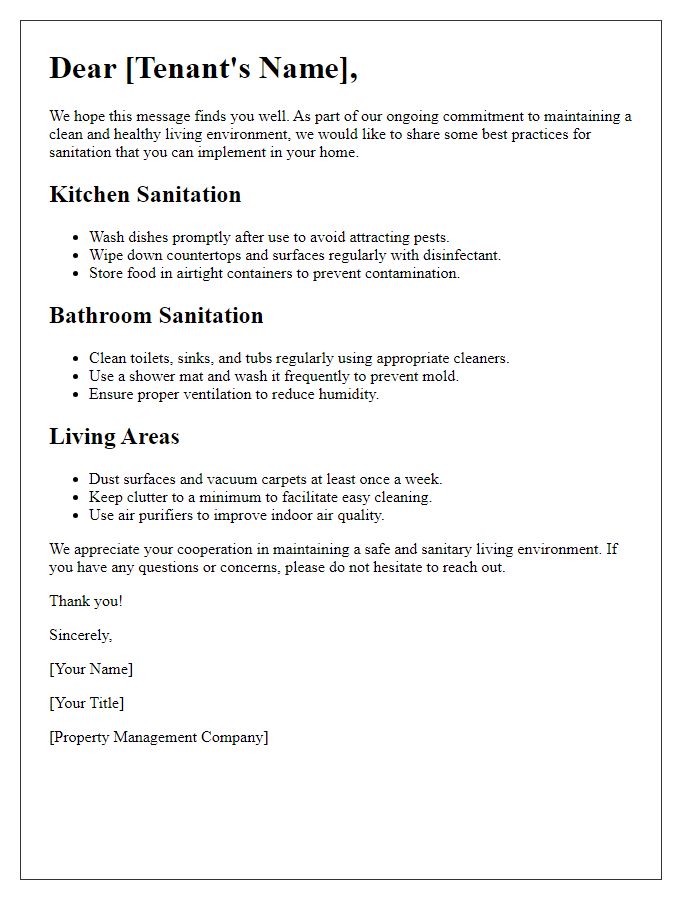
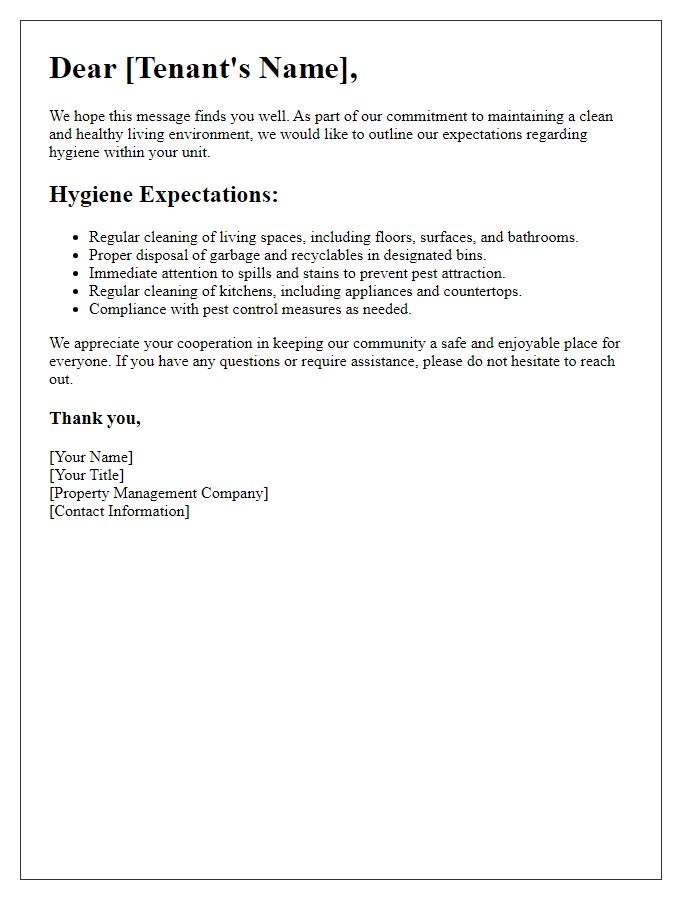
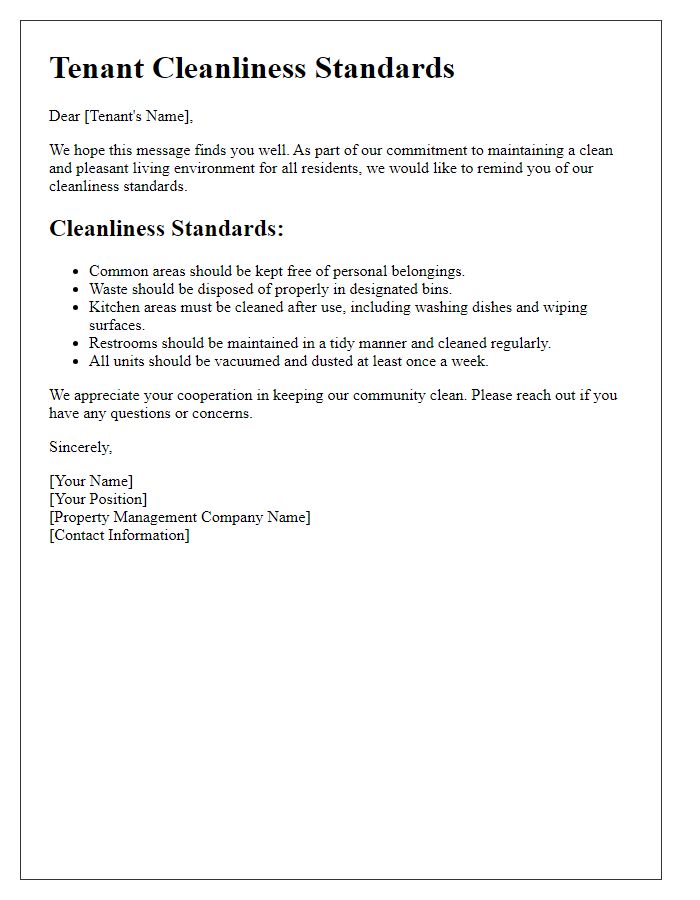
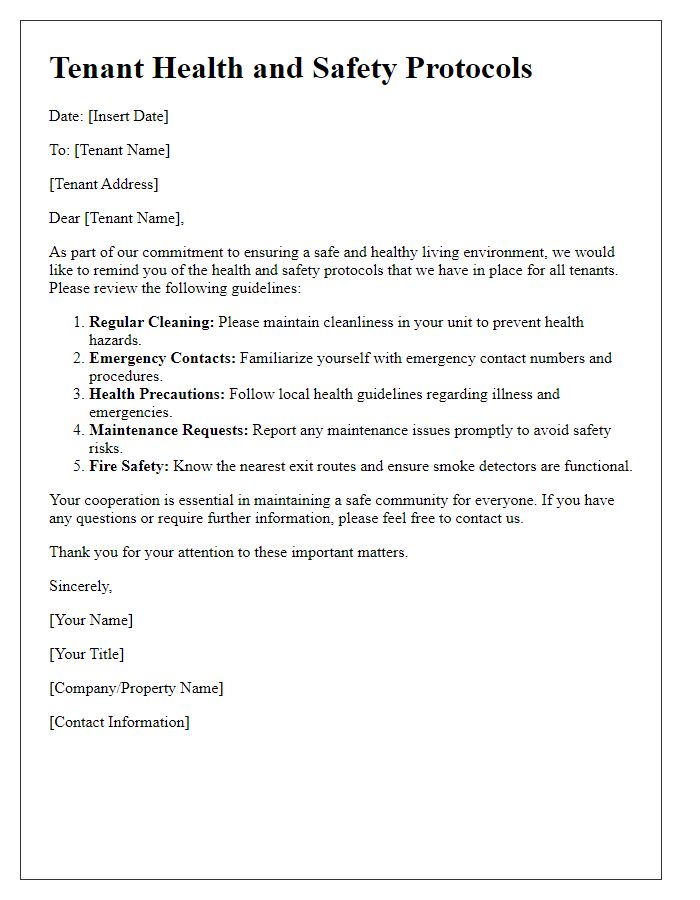
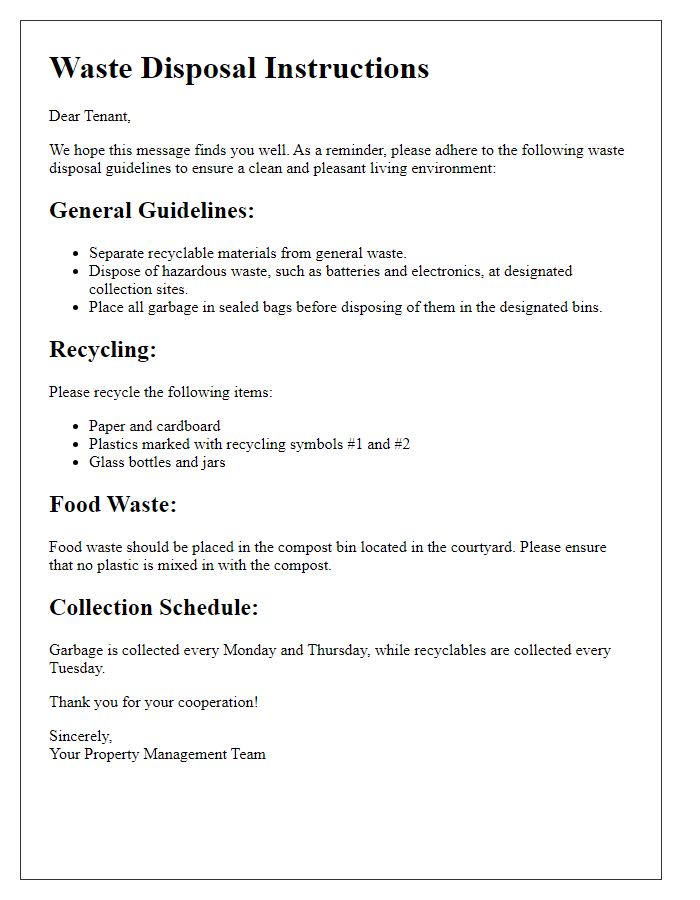
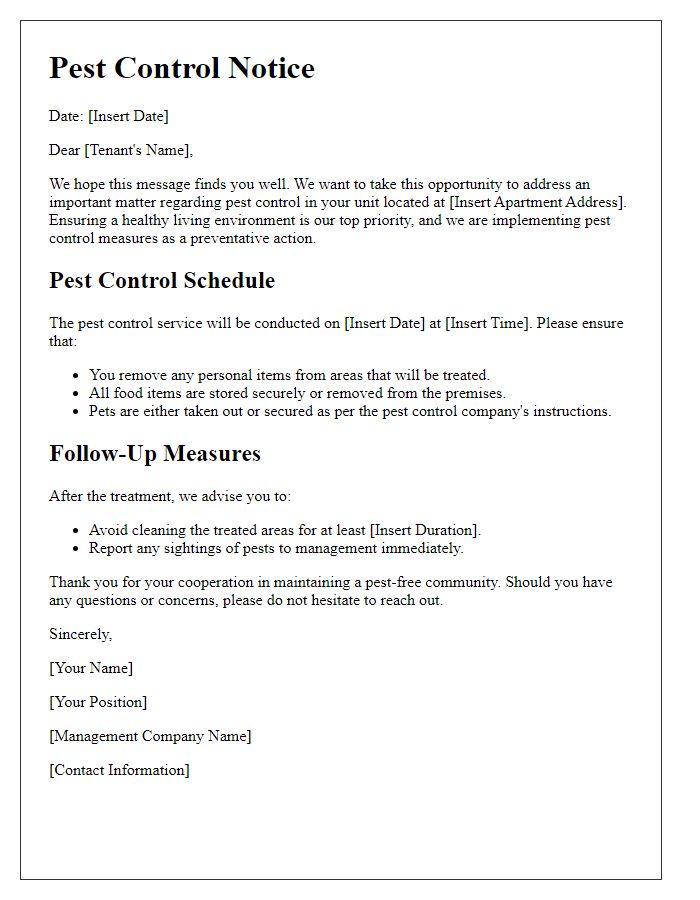
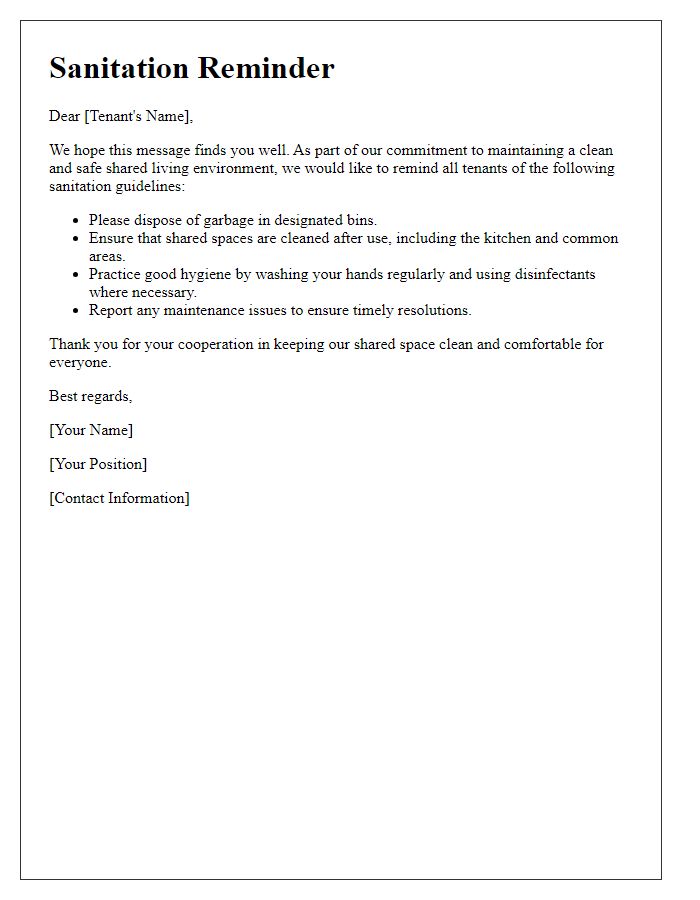
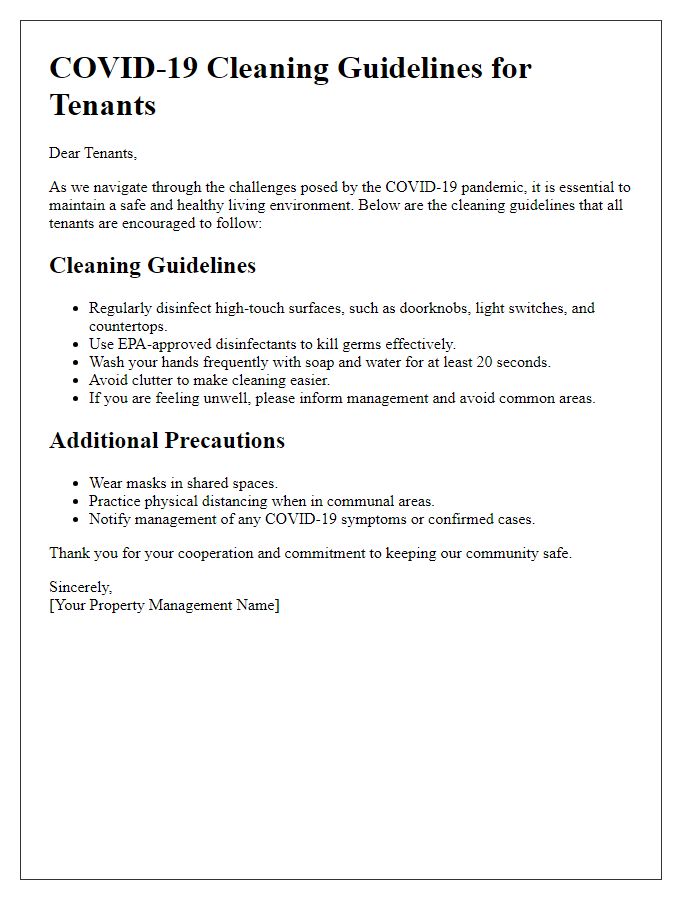
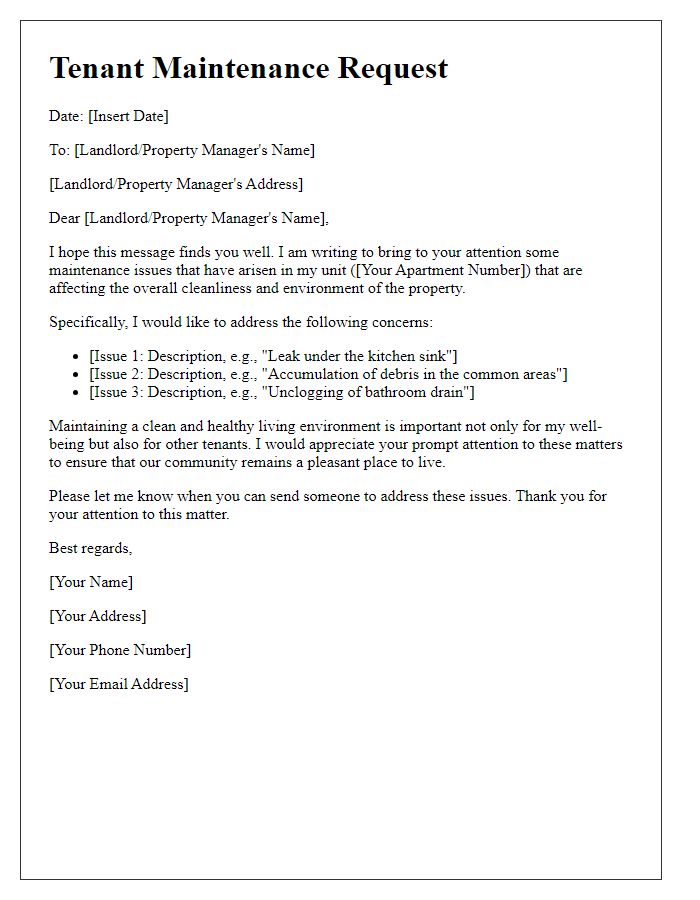
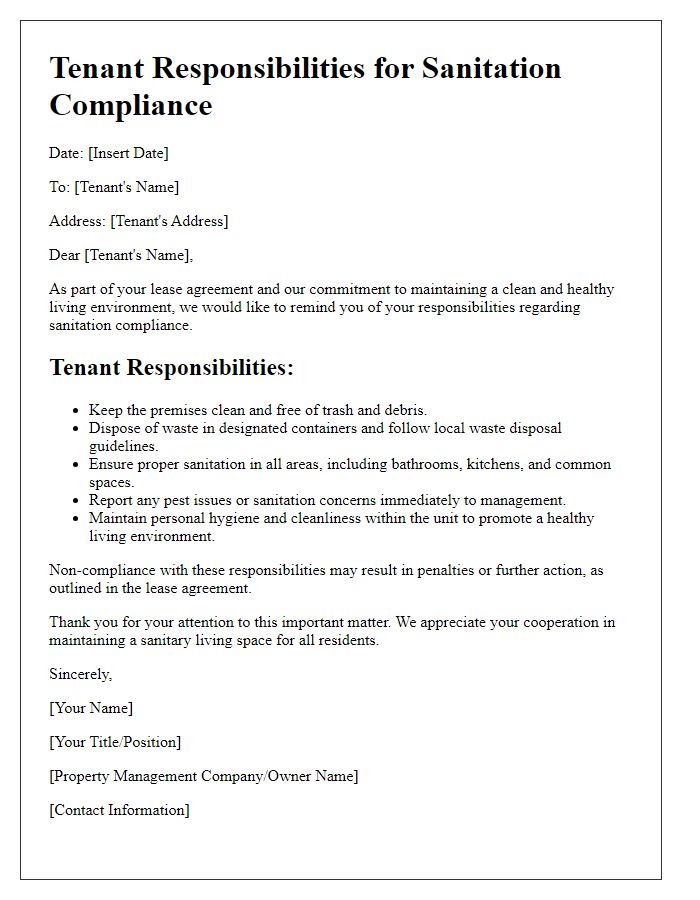

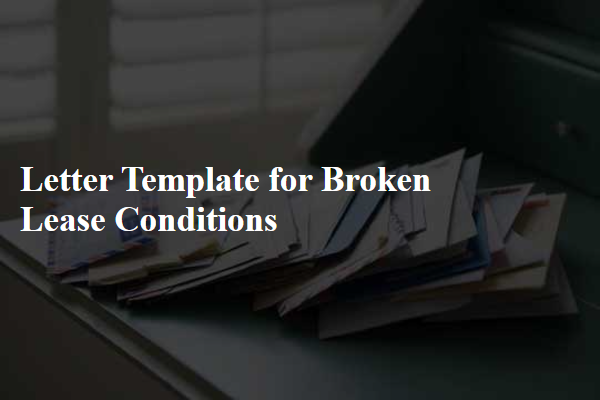
Comments